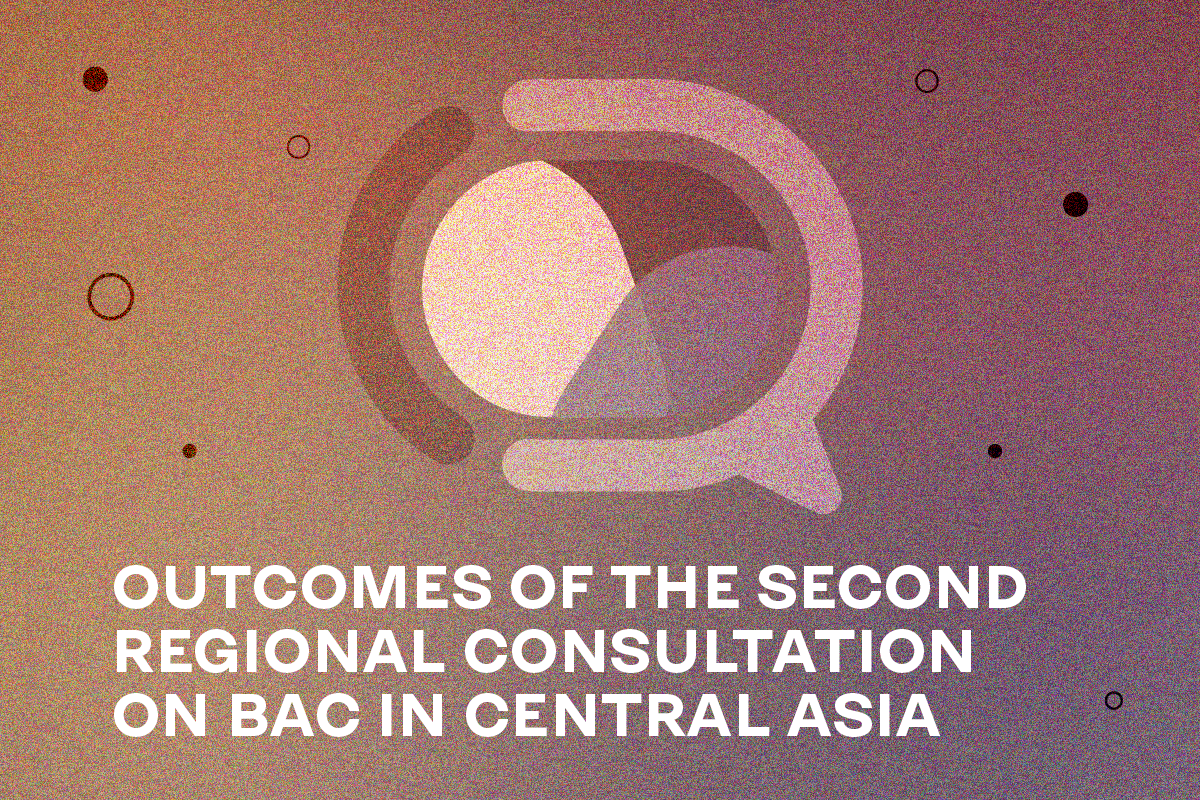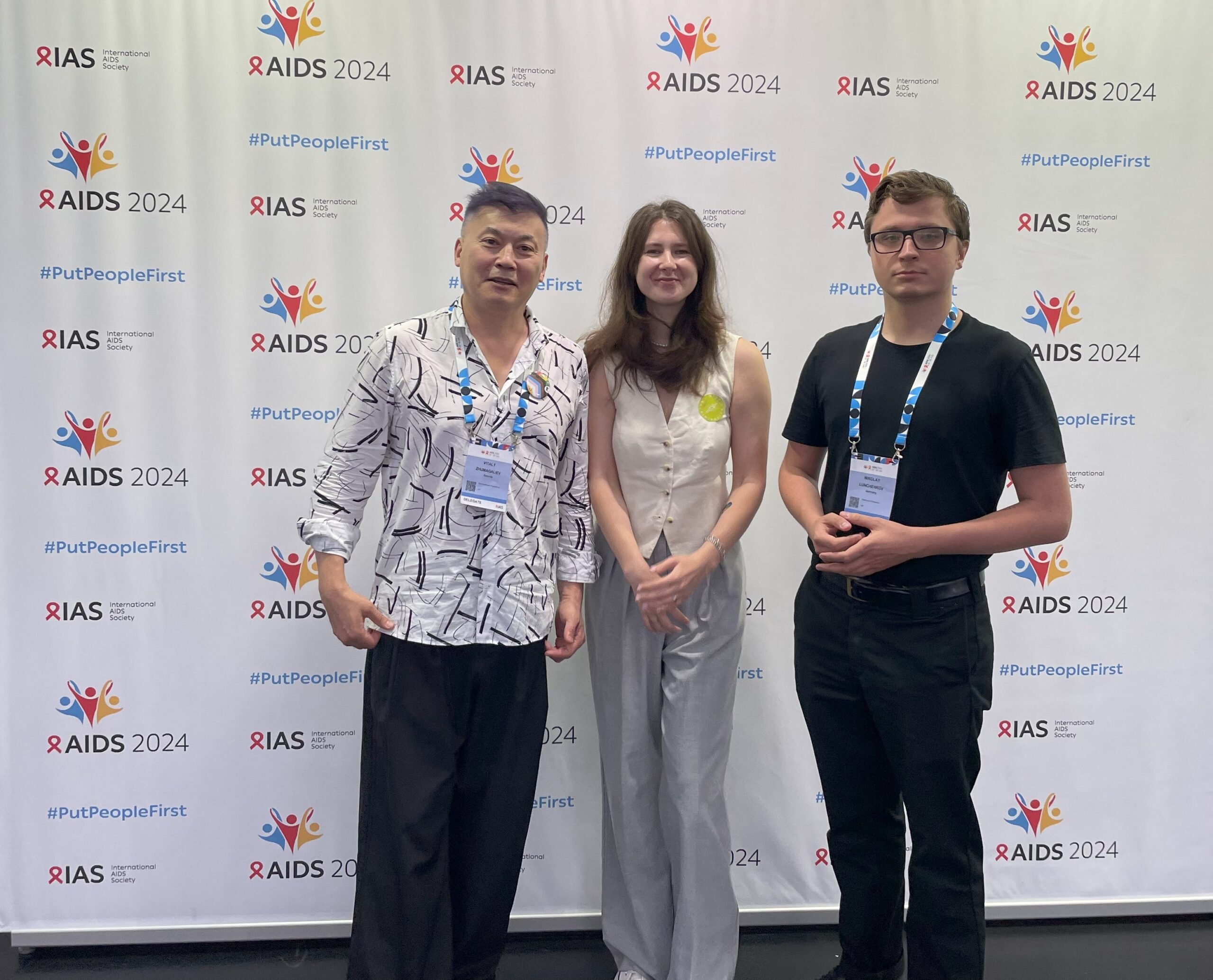- Providing services to key populations in migration (11 projects).
- Removing political barriers to the “legalization” of migrants affected by HIV and their access to social and medical services (2 projects).
- Self-organization of communities in migration (1 project).
- Establishing and maintaining measures to change laws and procedures that prevent discrimination against people living with HIV and key populations (1 project).
- people living with HIV affected by tuberculosis (6 grants);
- trans people (5 grants);
- LGBT people and men who have sex with men (MSM) (7 grants);
- sex workers (4 grants);
- people who use drugs (5 grants);
- women living with HIV (5 grants);
- people with disabilities (2 grants);
- adolescents and young people vulnerable to HIV (3 grants).
- Providing psychological support to maintain the psycho-emotional well-being of key groups in migration;
- Providing medical assistance;
- Providing legal assistance;
- Providing social support.
“Since the beginning of Russia’s full-scale invasion of Ukraine, we have seen very negative trends in the EECA countries: legislative initiatives have intensified, narrowing civil space and creating additional barriers for key populations. For example, we see many laws being adopted in different countries, such as laws on foreign agents, against “LGBT propaganda” or for “protecting children from unwanted information.” All these legislative initiatives create more and more difficulties in obtaining medical and other vital services for key populations, especially for those in migration. The Emergency Support Fund aims to support communities of key populations to effectively minimize the impact of war on them,” notes Uluk Batyrgaliev, Sexual and Reproductive Health and Rights (SRHR) Coordinator at ECOM.









